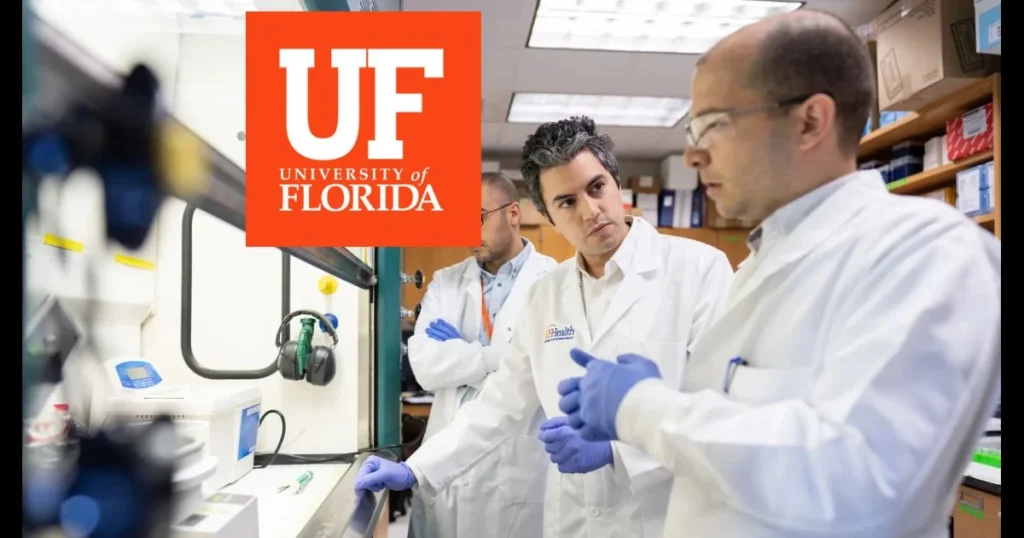Gainesville, Fla. — Researchers at the University of Florida have discovered previously unknown features of the human immune system that could open the door to a universal cancer vaccine.
In a study published this month in the Journal Cell Reports Medicine, UF Health Scientists discovered that immune responses caused by an obscure protein known as histone H2B may be key to developing a wide range of cancer immunotherapies. Proteins appear on the surfaces of multiple cancer types but not healthy cells, making them an ideal target for vaccines.
“Our study provides the first evidence that histone H2B can stimulate potent T-cell responses against a wide range of cancers,” says Elias Sayour, MD, MD, Ph.D, Healthy Pediatric Oncologist and Chief Investigator for the study. said. “This could represent a fundamental step towards creating a universal cancer vaccine.”
The researchers observed that when cancer cells die, their cells release histone H2B onto the surface, allowing them to be recognized by the immune system. Through clinical testing and analysis of cancer patient samples, the team demonstrated that this immune response is consistent across several types of tumors, including glioblastoma, breast cancer, and melanoma.
Findings suggest that targeting H2B can enhance the immune system’s ability to detect and destroy cancer cells, especially when used in conjunction with existing therapies such as checkpoint inhibitors.

This study included collaborations with the Preston A. Wells Jr. Brain Tumor Therapy Center, Evelyn F. and William L. McKnight Brain Institute, and UF’s Department of Neurosurgery, Pediatrics, and Pathology.
Although further testing and clinical trials are needed, researchers say the findings will ultimately help produce more effective immunotherapies that treat multiple cancers with fewer side effects than traditional chemotherapy and radiation.
“This could be a game changer,” Sayou said. “The possibility of designing a cancer vaccine that applies to tumor types can have a major impact on patient care.”


